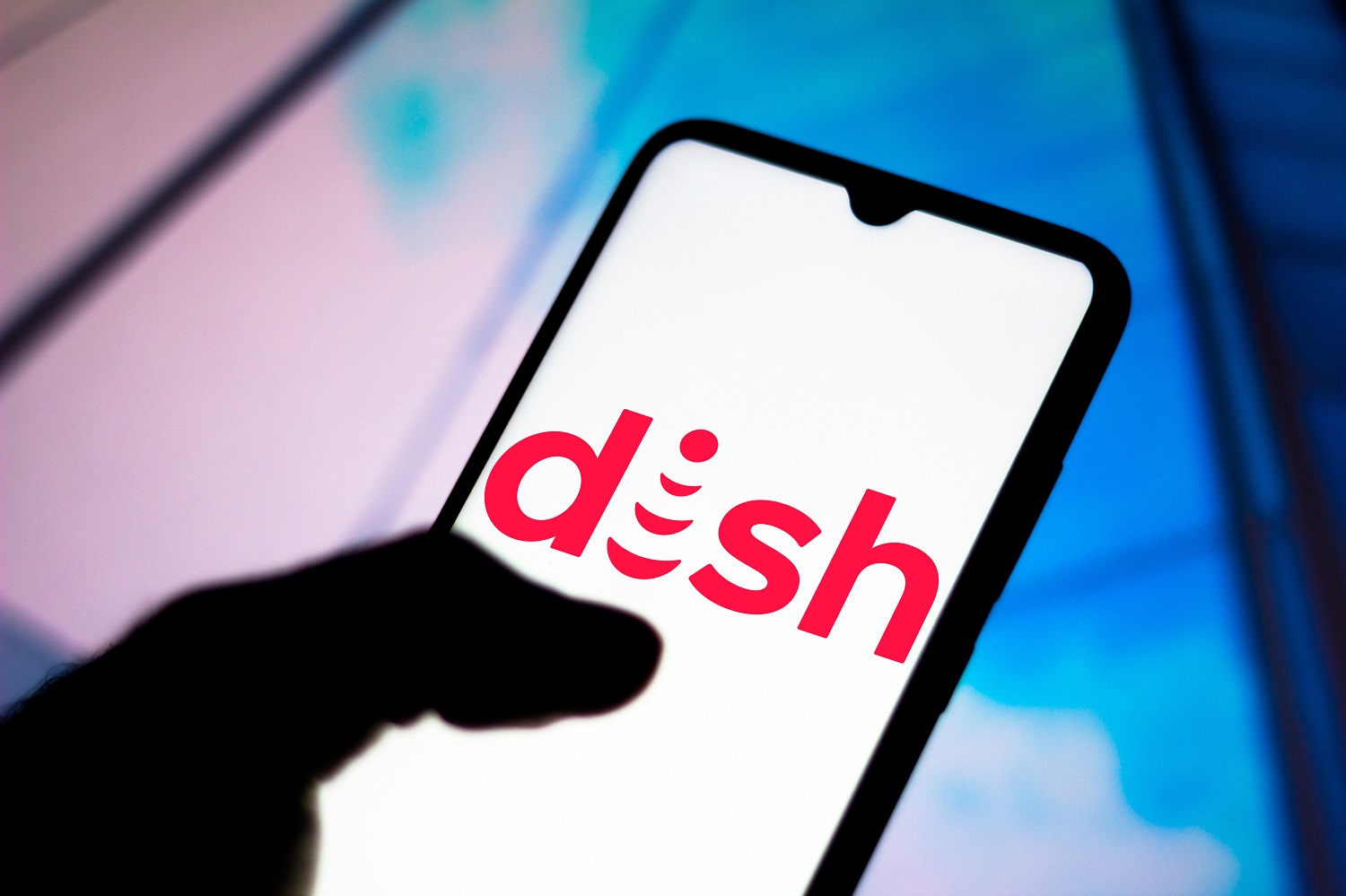NFL
NFL Fans Are Dealing With Crushing News From Dish Network

A skirmish between satellite TV provider Dish Network and media company Sinclair Broadcast Group is bad news for sports fans, who could miss out on NFL and college football beginning in less than a week.
Disputes between broadcasters and satellite providers or cable companies are common. But this dispute is especially worrisome because executives at Dish Network are digging in over something Sinclair considers crucial.
Who are Dish Network and Sinclair Broadcast Group?
Although most people subscribe to cable television, satellite providers remain major service providers. In its most recent quarterly report, the company said it has 10.99 million pay-TV subscribers, including 8.55 million using the Dish TV service. The remainder are Sling TV subscribers. In 2020, the company dipped a toe in wireless phone service by buying Boost Mobile.
Sinclair Broadcast Group is a wide-flung media company boasting 186 television stations in 87 markets across the country. Most of those stations are local affiliates of ABC, CBS, Fox, and NBC. Sinclair also owns national channels like Stadium and Tennis Channel and regional sports networks that carry games of local teams.
Both companies are publicly traded. Dish Network has a market cap of $22.8 billion. Sinclair’s market cap is $2.24 billion.
NFL fans are dealing with crushing news from Dish Network
Sinclair and Dish Network are blaming each other, but the satellite provider expects to drop 108 TV stations on Aug. 16 because of an ongoing stalemate in negotiations to extend its contract. Such disputes are common in the industry and typically result in cable and satellite customers losing certain channels for anywhere from a few days to several months. However, some disputes drag on much longer, and USA Today reported that Dish just settled a fight with AT&T that led to HBO and Cinemax remaining unavailable to subscribers for more than three years.
Such disputes are always over money. Network affiliates and other channels such as ESPN charge the cable and satellite companies a fee to carry their programming. The companies recoup that money by charging their subscribers.
“The media conglomerate is trying to use its market power to demand an unreasonable fee increase, using millions of Americans as pawns in its negotiations,” Dish Network said in one of the companies’ dueling statements. “Sinclair is demanding DISH pay nearly a billion dollars in fees for their television channels – a massive increase from what we pay for these same channels today despite declining viewership.”
Unfortunately for NFL and college fans who get their service from Dish Network, most of the channels carry hefty football schedules.
According to Awful Announcing, the key to the dispute is that Sinclair executives want Dish Network to carry their regional sports networks, which Sinclair bought from Fox in 2019. Disney, which has more clout, used the same approach to prod cable companies into carrying the ACC Network and SEC Network if they wished to continue carrying ESPN.
This fight could affect football fans for a long time
It may amount to posturing during negotiations, but the Dish Network statement is consistent with what chairman Charlie Ergen has been saying for years about programmers’ attempts to bundle content into bigger deals. Further, he said customers don’t ask Dish Network for access to the regional sports networks.
Until the sides resolve their dispute, 37 Fox affiliates, 28 from ABC, 23 from CBS, and 13 from NBC will go dark, many in major markets like Austin (CBS), Baltimore (Fox), Cincinnati (CBS), Las Vegas (NBC), Oklahoma City (Fox), Pittsburgh (Fox), Seattle (ABC), and St. Louis (ABC).
Fox and CBS carry NFL games on Sunday afternoons, and NBC caps the day with an evening game. All three networks, as well as ABC, show college football. Losing access to those channels will be crushing to football fans.
In past instances, Dish Network has gone so far as to offer antennas to its customers at no cost. However, it did that in smaller disputes affecting relatively few markets.
This time, customers could be on the hook for buying their own antennas to bring in the broadcasts via the over-the-air route. They might find the cost and setup on multiple TV sets to be too expensive or complicated, even if the process is actually relatively simple.
In a perfect world, the sides resolve this before colleges kick off in two weeks and the NFL starts after Labor Day. Unfortunately, this dispute sounds more ominous than past situations.
Like Sportscasting on Facebook. Follow us on Twitter @sportscasting19.
RELATED: ‘Hard Knocks’: How Every NFL Team Fared After Being the Subject of the HBO Show











